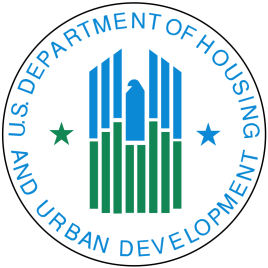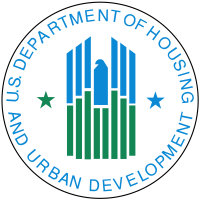New Guidance Updates HUD Requirements for Tribal Programs

Although the Office of Management and Budget revised key portions of the uniform guidance back in 2020, the Department of Housing and Urban Development’s Office of Public and Indian Housing in recent weeks provided guidance detailing how these revisions now impact tribal programs, particularly concerning closeout and procurement.
One such notice provides closeout instructions for the Tribal Housing and Urban Development-Veterans Affairs Supportive Housing (Tribal HUD-VASH) grant program. Area Office of Native American Programs (ONAP) staff will identify grants ready for closeout on an ongoing basis, based on grant balances nearing a zero balance and/or the period of performance approaching expiration. Area ONAP staff will contact tribal HUD-VASH grantees with information about the closeout process, including required documentation. Based on the 2020 revisions to the uniform guidance, grantees must submit the required closeout documentation no later than 120 calendar days after the period of performance end date (§200.344).
The guidance lists the closeout documentation requirements, which include the final progress and closeout report, final Federal Financial Report (SF-425) and de-obligation information (if applicable). Area ONAP officials will review the closeout documents submitted. If a grantee has not submitted all required documentation or the information is incomplete, the area ONAP will notify the grantee in writing and request the necessary documentation or revisions needed to continue the closeout process. Once the Area ONAP determines that the grant meets the closeout criteria, it will issue a closeout letter to the grantee. The guidance also discusses recordkeeping and waiver requirements related to HUD-VASH closeouts.
The second recent guidance updates previous guidance issued in 2019 and informs tribes and tribally designated housing entities (TDHEs) about the increase to the micro-purchase threshold under the revised uniform guidance. HUD now states that under updated provisions at §200.320(a)(1), tribes and TDHEs may self-certify a micro-purchase threshold amount of up to $50,000, increased from $10,000. To the extent practicable, a recipient must distribute micro-purchases equitably among qualified suppliers.
A tribe or TDHE may establish a threshold higher than the micro-purchase threshold of $10,000 by self-certifying a threshold amount up to $50,000 on an annual basis. It must maintain documentation of that annual self-certification in accordance with provisions at §200.334 and 24 C.F.R. §1000.552, to be made available to ONAP and auditors upon request. Based on provisions at §200.320(a)(1)(iv), the self-certification must include the following elements: (1) clear identification of the threshold amount; (2) justification for the threshold amount; and (3) supporting documentation of any of the following: (a) a qualification as a low-risk auditee (§200.520) for the most recent audit; (b) an annual internal institutional risk assessment to identify, mitigate and manage financial risks; or (c) for public institutions, a higher threshold consistent with state law.
The guidance notes that under the Indian Housing Block Grant (IHBG) program, for procurements of goods and services valued less than $5,000, recipients may continue to operate under the existing statutory de minimis procurement exemption in section 203(g) of the Native American Housing Assistance and Self-Determination Act of 1996 (25 U.S.C. § 4133(g)). The document adds that micro-purchase and de minimis exemptions are two different methods for simplifying purchasing. Recipients can develop procurement policies that choose between the two options for purchases under $5,000. However, tribal preference requirements will apply to all micro-purchases regardless of the value but will not apply to de minimis procurements.
The guidance also includes three appendices with templates for a financial and fiscal management monitoring plan, internal controls monitoring plan and cash management monitoring plan.
Tribal entities should take note of the language in these two guidance documents to ensure they remain compliant with federal and tribal requirements.
Join us for our following Thompson Grants events:
Federal Grants Forum for State & Local Governments | Feb. 15-16, 2022 | Virtual Event
Nonprofit Legal, Finance, and Grants Conference | April 6-7, 2023 | Washington, D.C.



